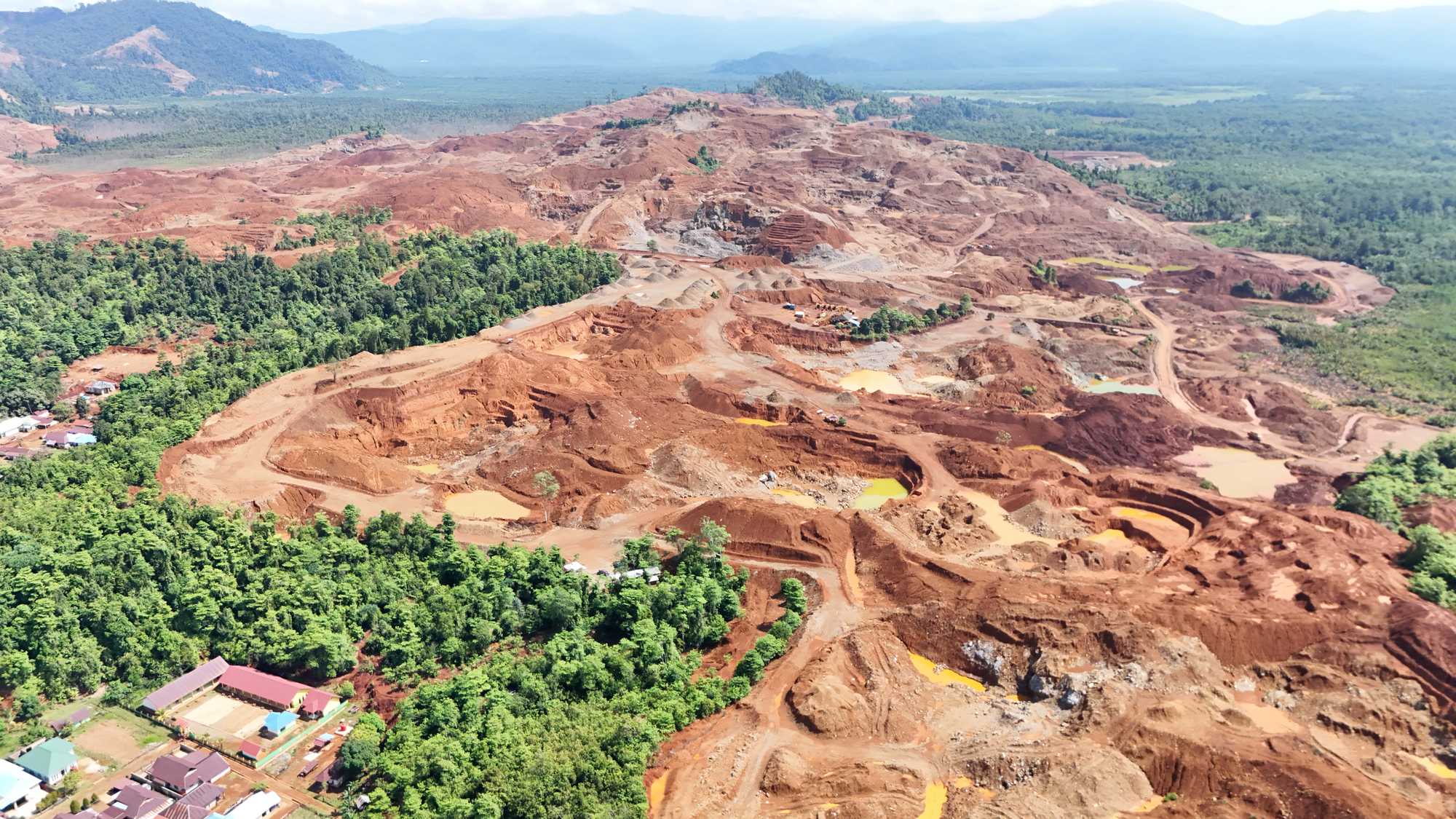However, on 15 March, following sustained opposition from groups in several EU member states, the number of companies subject to the CSDDD was cut by almost two thirds. Some companies may have had a vested interest in limiting the law’s coverage: according to [research](https://www.earthsight.org.uk/news/Germany-CSDDD) by the nonprofit Earthsight, one German company whose CEO lobbied extensively against it has bought clothing from a firm accused of using child labour.
If the directive is approved by the European Parliament in April, EU member states will have two years to transpose it into national law. Elsewhere, legislators in countries including the UK, Japan and South Korea are also proposing similar laws. “It's important that companies realise mandatory due diligence legislation is coming up everywhere in the world,” said Amandine Van Den Berghe, of the environmental law nonprofit ClientEarth.
Heading test 1
In the meantime, activists are arguing that consumer goods companies with links to First Resources need to take decisive action. “Any responsible company that is serious about supplying deforestation-free palm oil should immediately suspend First Resources, regardless of how long the RSPO dithers in addressing the complaint” said Amanda Hurowitz, senior director for Asia at the nonprofit Mighty Earth, which has been monitoring deforestation since 2016. "Failure to act is inexcusable.”
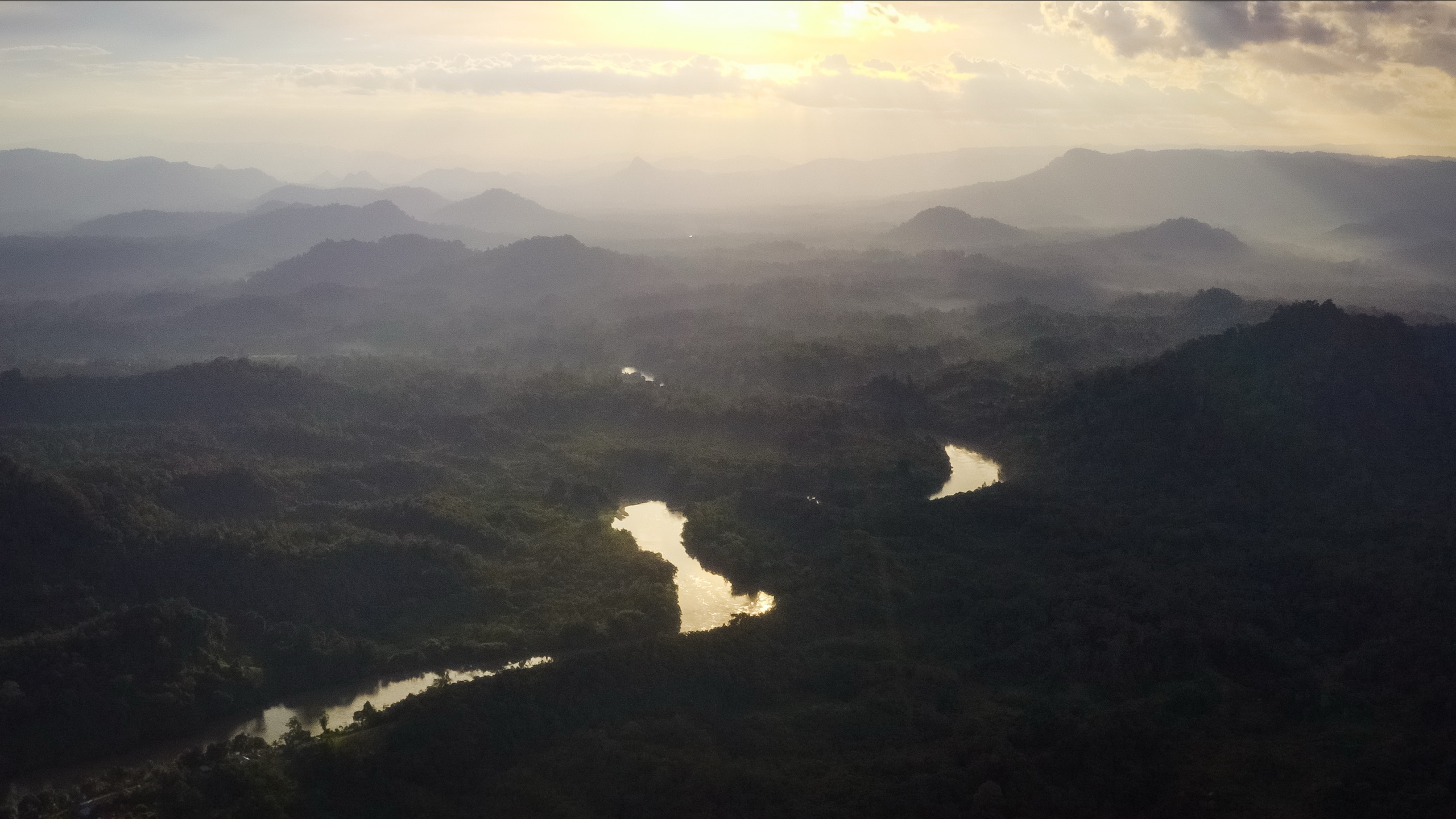
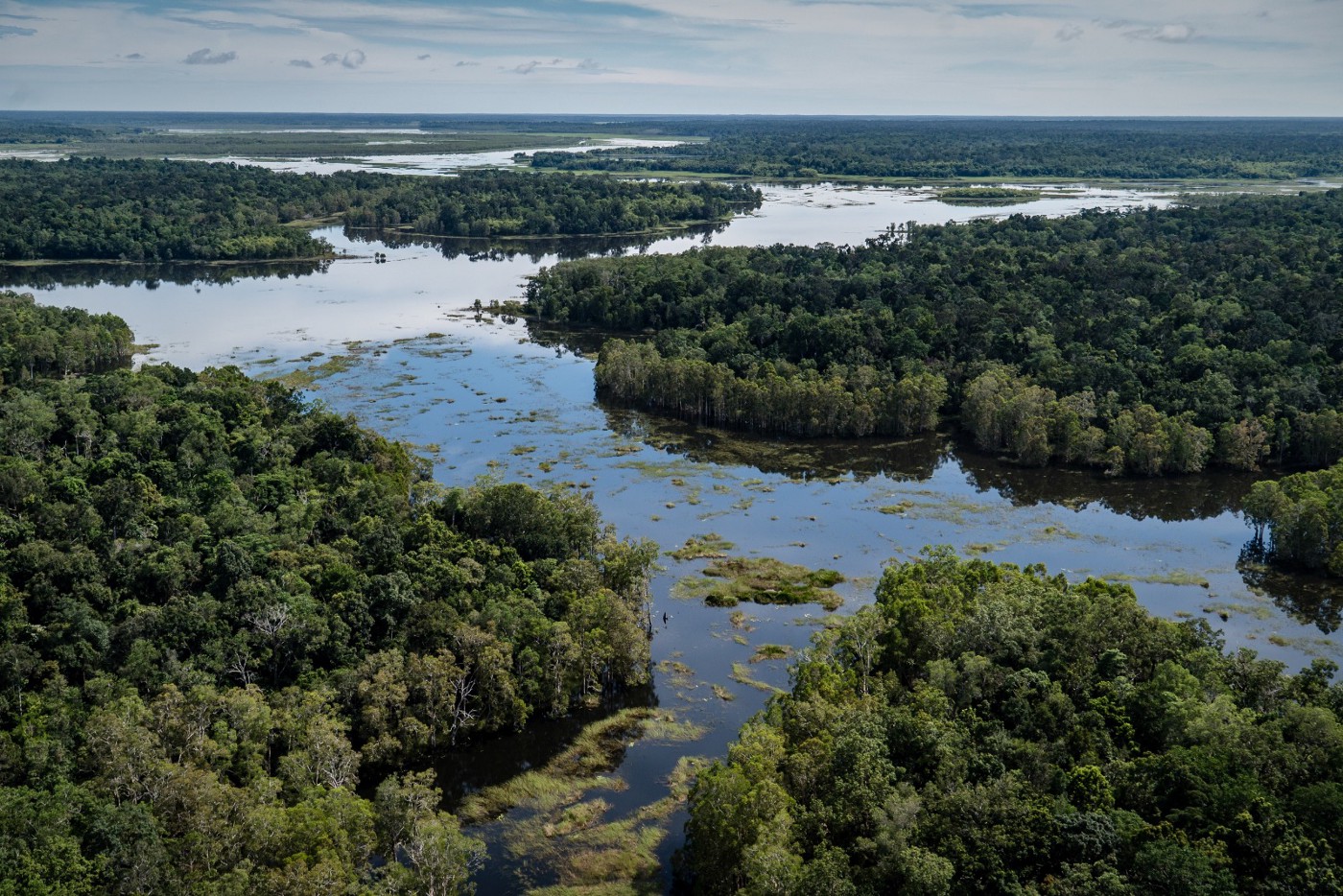
While First Resources repudiated the findings from The Gecko Project’s investigation in a statement last November, it wrote in response to the latest developments that it “recognises the seriousness of the allegations” and has “brought on independent support to investigate these issues and identify an action plan”.
The company said that it was cooperating with the RSPO complaint, and asked for “all parties to respect the ongoing process and await the result before drawing conclusions or making any claims.”
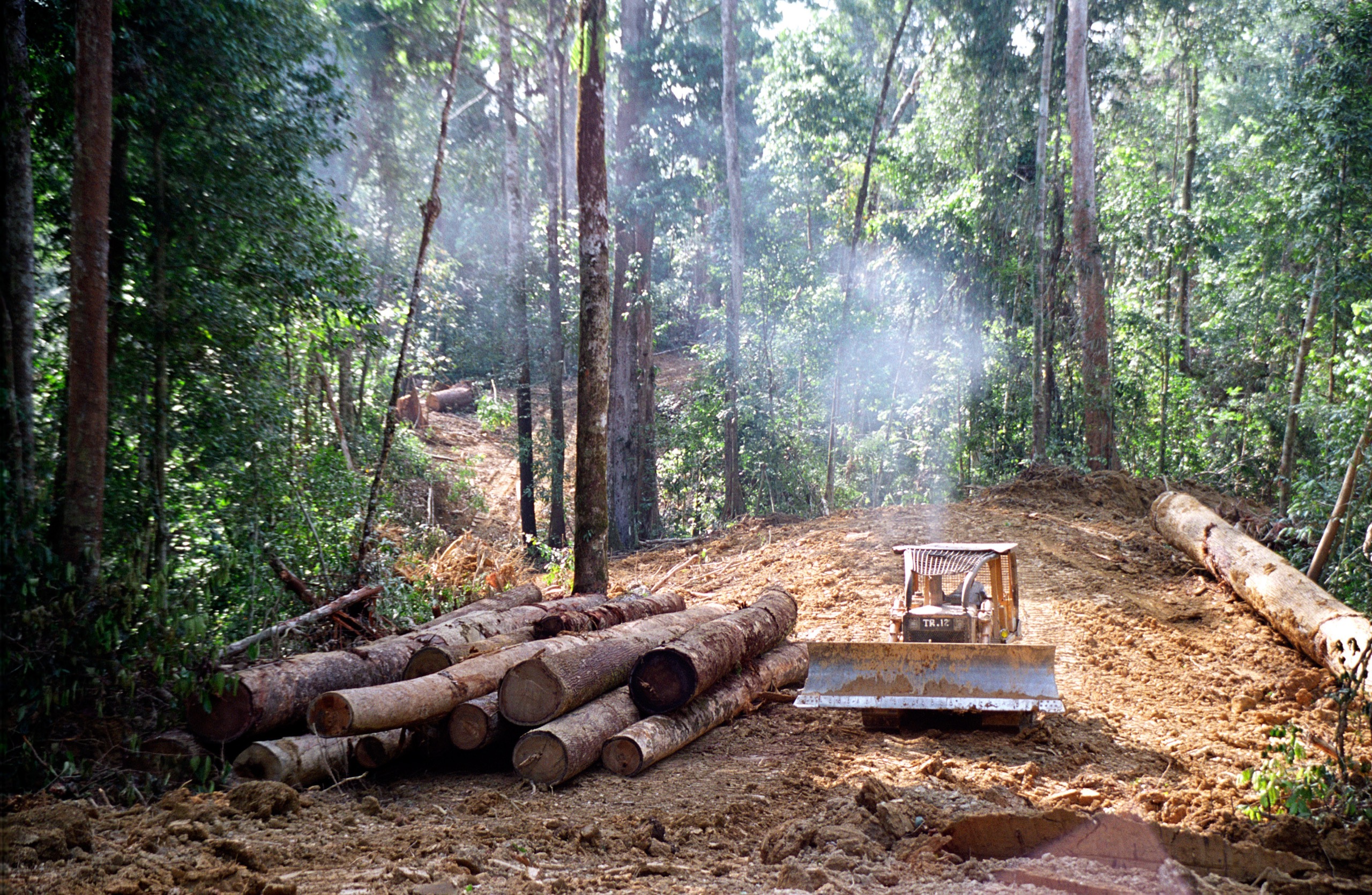
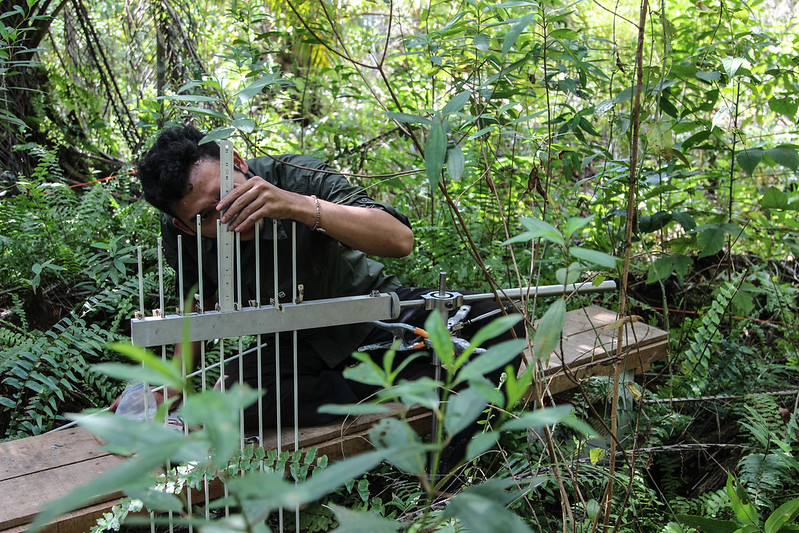
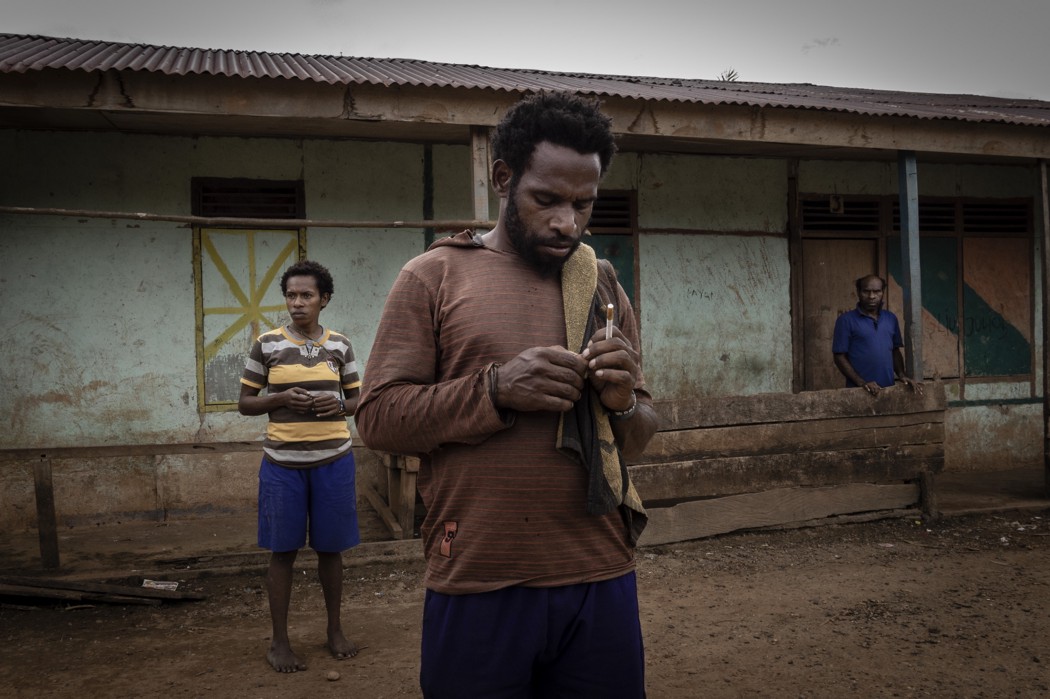
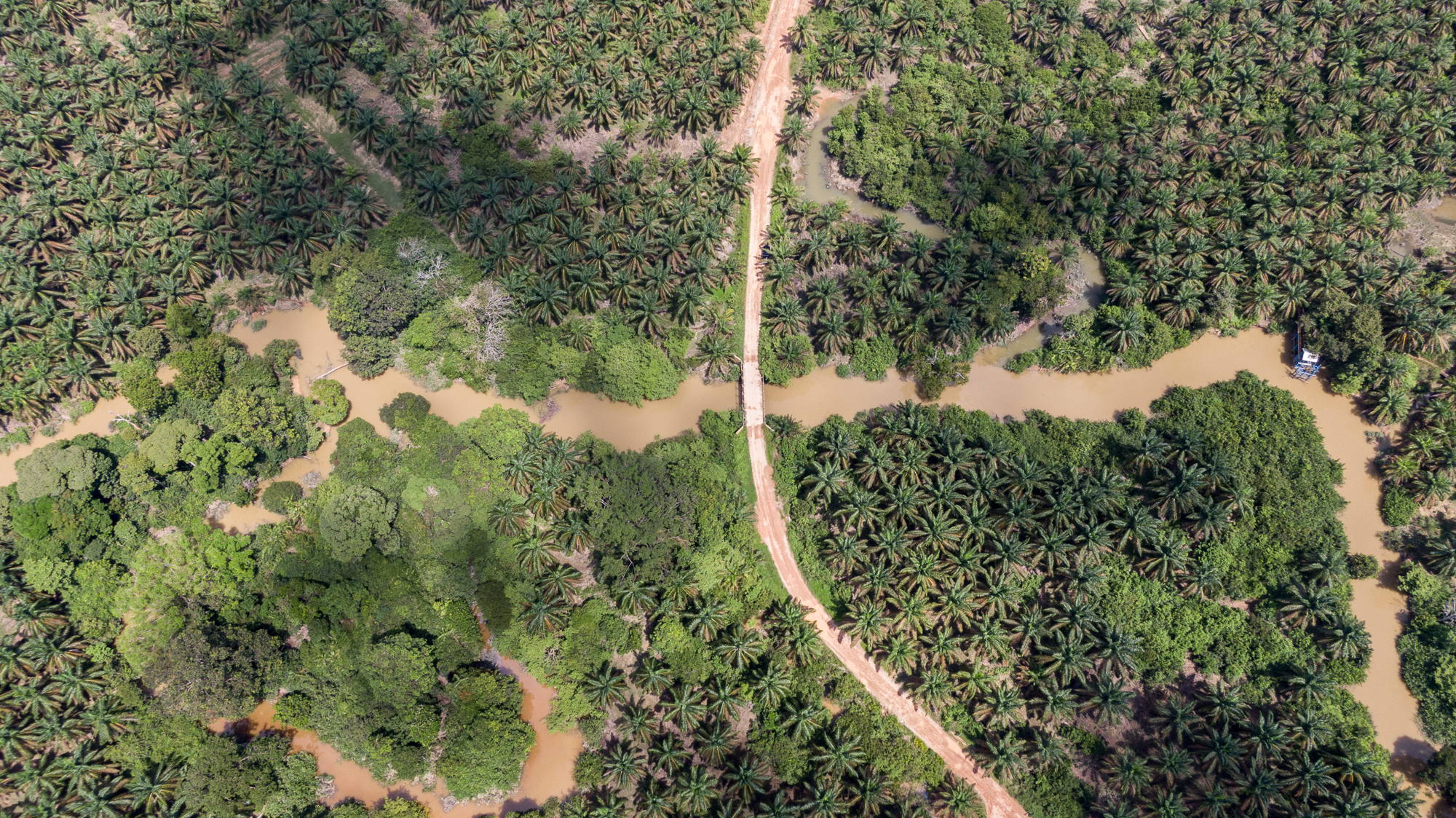
But other companies have not - for now - ruled out sourcing palm oil from First Resources. The remaining consumer goods firms that responded to our questions said they were instead contacting the companies from which they buy palm oil directly, typically describing the process as “engagement”. These companies, in turn, buy from First Resources.
The Belgian chocolate maker Barry Callebaut said that “engagement” involved asking its direct suppliers what they had done to investigate the allegations or “remediate” them, while chemicals firm Oleon said its direct suppliers sent monthly updates “on the progress First Resources is making.” But some other consumer goods firms that described themselves as “engaging” declined to provide details of what this process involved, or which direct suppliers they were speaking to.
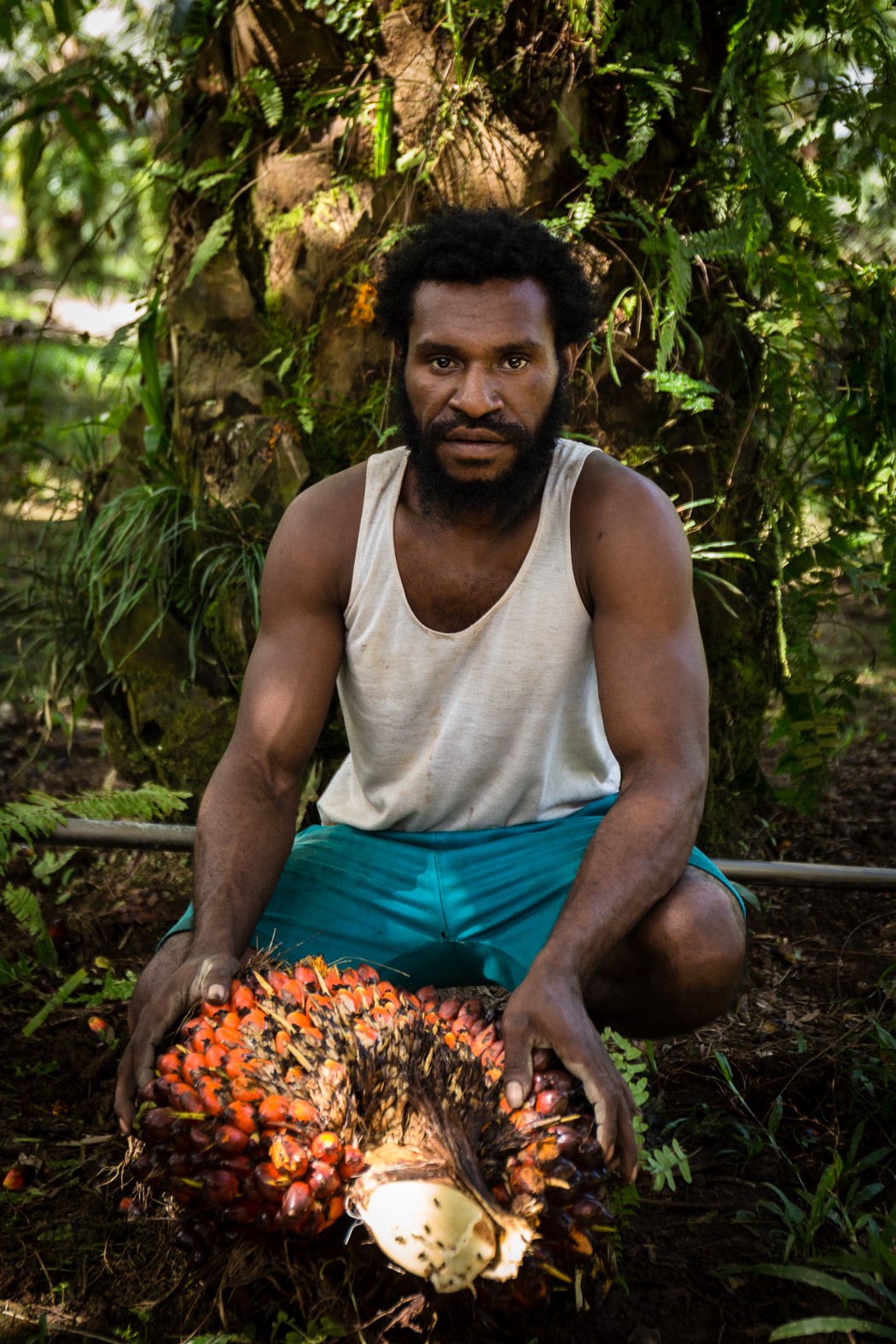
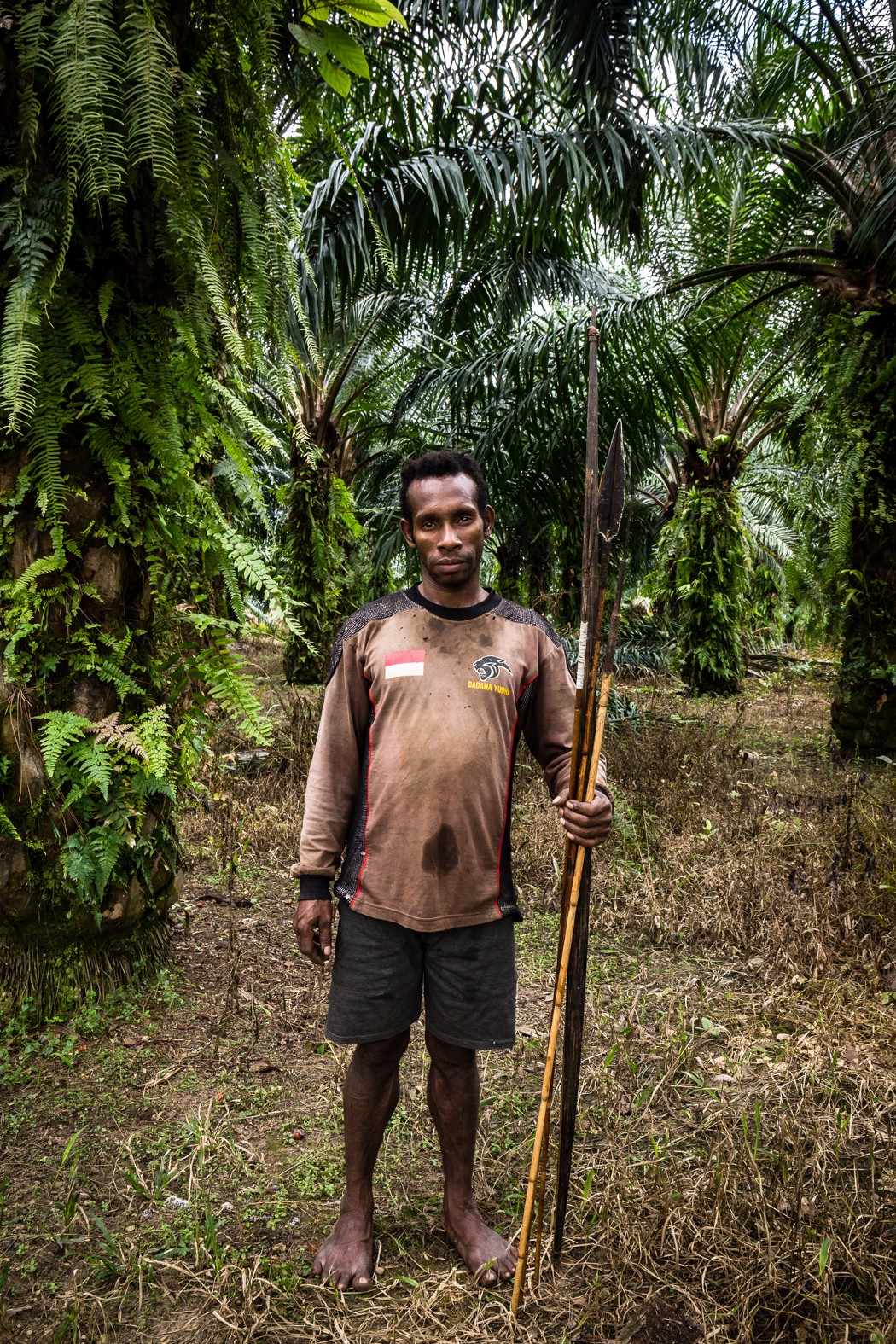
Several consumer goods firms said that it was difficult for them to act quickly because of the complexity of their supply chains and the absence of a direct relationship between them and First Resources. “While we request timely action, the timeline of the investigation is stipulated by our suppliers' grievance processes,” said Sara Thallner, Barry Callebaut’s head of corporate communications.
The politician who headed the district at the time of the project’s inception was arrested on unrelated corruption charges at a critical stage of the permit process. We discovered he had signed key documents relating to the project from his prison cell on the island of Java, thousands of kilometres away from Papua.
Heading test 2
Chairul Anhar, the businessman who was central to the Tanah Merah project, also tried to develop a series of vast sugar plantations on a remote string of islands elsewhere in Indonesia. That project was cancelled after illegalities in the permit process were exposed. It has proved impossible to establish whether the same kinds of breaches occurred with the Tanah Merah project, because the necessary documents — the environmental impact assessments (EIAs) — have proved stubbornly elusive. Even local and provincial government agencies with a role in the process claim not to have seen the EIAs. Sources expressed the view that the EIAs are being deliberately, and illegally, withheld from the public.
## **The project involves one of the world’s most notorious tropical logging firms**
The Malaysian logging firm Shin Yang is a major shareholder in the sawmill under construction. Shin Yang has been at the centre of repeated environmental and human rights [scandals](https://www.stop-timber-corruption.org/resources/bmf_report_sarawak_timber_tycoons.pdf) in Malaysian Borneo.
## **The project falls on the land of indigenous people, whose rights have been roundly ignored**
The rainforest slated for destruction falls on the ancestral lands of the indigenous Auyu people. The Auyu are heavily dependent on the rainforest for their livelihoods. Villagers living under the shadow of the project say they were pressured to sign documents relating to the project that they did not understand. They told us they were prevented from voicing their opposition to the project due to the oppressive presence of police and soldiers. They told of how one man was “beaten half to death” by a police officer at a meeting held to discuss the project. None of the benefits that were promised to them have materialised.
Large-scale palm plantations have been one of the biggest drivers of deforestation in Indonesia over the last decade. Deforestation, in turn, has been a leading cause of greenhouse gas emissions in Indonesia. Recognising this, earlier this year Indonesian President Joko Widodo announced a freeze on new permits. But the moratorium won’t halt the destruction, because there are many millions of hectares of forest still earmarked for clearance under existing palm permits — those underpinning the Tanah Merah project being the largest example.
Heading test 3
However, the president’s order also mandated a review of all existing licenses. Vast tracts of forest could still be saved if cause was found to revoke them. A similar program has resulted in the revocation of thousands of mining permits, and a meaningful review of existing palm permits is essential if Indonesia is to meet its international climate commitments and halt forest loss. Given the globally significant volume of greenhouse gas emissions from deforestation in Indonesia, the implications extend far beyond the country’s borders.
“It's very concerning that traders have not taken the report seriously and initiated investigations or suspensions,” said RAN’s Gemma Tillack. “This is part of a wider trend where the biggest agribusiness traders are refusing to take the corporate group issue seriously.” Tillack noted that some traders - which are also major palm oil producers - have also been accused of operating shadow companies. "Brands can’t rely on their suppliers - they will not be acting in good faith to get a clear resolution on the case," she added.
Almost all the consumer goods firms we contacted stated that they were monitoring the progress of the RSPO complaint. Some insisted that the RSPO was the appropriate body to investigate the allegations against First Resources. The margarine manufacturer Upfield said it viewed the RSPO as “the arbiter of such allegations,” while Barry Callebaut called it the “main platform for investigation” for the body’s members.
Campaigning groups are now pushing for regulations that require companies to investigate wrongdoing in their supply chains themselves, wherever it occurs. The length and complexity of global supply chains can make this challenging, consumer goods firms argue. But years of voluntary commitments to human rights and environmental standards have not achieved enough, according to Mathieu Vervynckt of the nonprofit SwedWatch, which conducts research on sustainable supply chains. “We’ve tried the carrots. There’s a need for a stick now,” he said.
These efforts have had some success. Last year, the German government passed an act requiring companies with a significant presence in the country to identify potential risks to human rights throughout their supply chain and take “appropriate preventive measures” to address them, with fines for non-compliance of up to 2% of annual global turnover.
Significantly, the German act requires companies to respond when they are presented with evidence of potential violations committed by their indirect suppliers - not just those with which they have a direct commercial relationship. In January, a [complaint](https://www.ecchr.eu/en/case/edeka-taeuscht-verbraucherinnen-mit-nachhaltigkeits-siegel/) submitted under the act demanded that the German company Edeka investigate allegations that its indirect palm oil suppliers in Guatemala had committed human rights violations. “The complaint shows that under the German supply chain law, companies can't just say, ‘We don't have to do our own risk analysis - the RSPO does it for us,’” said Annabell Brüggemann of ECCHR, one of the nonprofits that filed the complaint. Edeka told reporters it is examining the allegations in line with the new law.
